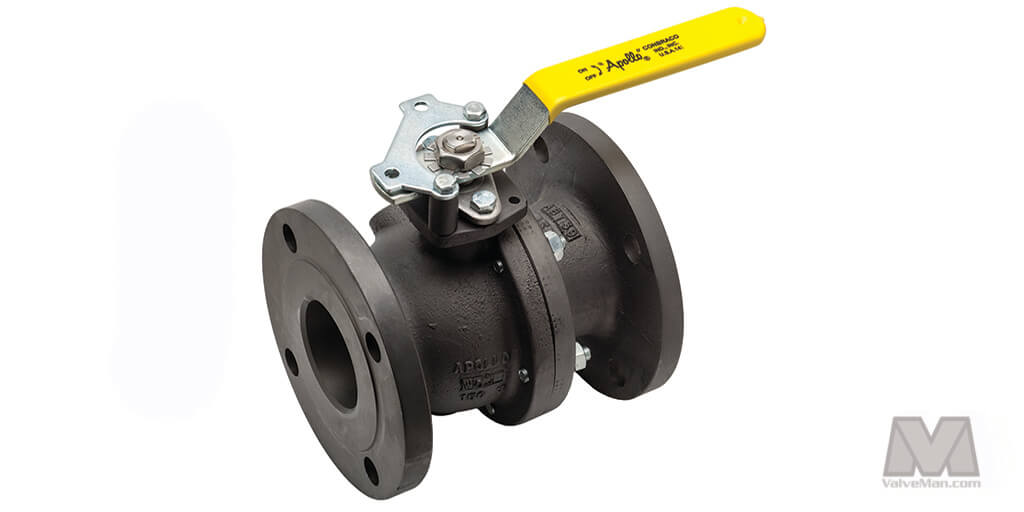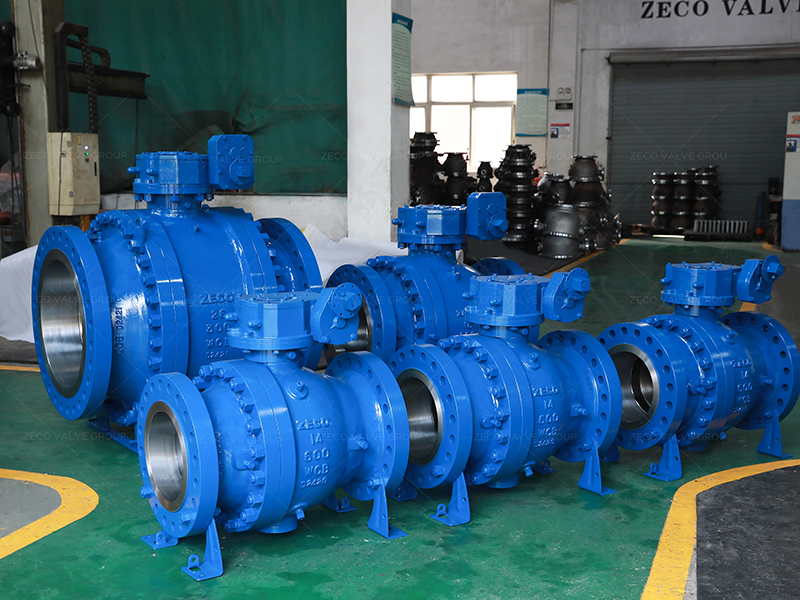The automotive industry is rapidly evolving with new technologies, particularly electric vehicles (EVs), that rely on specialized equipment to enhance performance and efficiency. Special purpose motors are essential to these innovations, enabling car manufacturers to build more efficient, reliable, and advanced vehicles. This article explores the role of special purpose motors in the automotive sector.

Why Special Purpose Motors Are Essential for Electric Vehicles In electric vehicles, special purpose motors are tailored for optimal energy efficiency and torque output. Unlike traditional internal combustion engines, electric motors in EVs must be precisely designed to deliver consistent power and performance while maximizing energy conservation. These motors can be adapted for various functions, such as controlling the wheels, steering, and braking systems.
Applications in Electric Drive Systems Special purpose motors play a critical role in electric drive systems, where they power the movement of the vehicle. These motors are engineered to provide the right amount of torque at varying speeds to ensure smooth acceleration and deceleration. Additionally, they are designed for high durability, which is essential for the demanding environments encountered during regular vehicle operation.
Special Purpose Motors in EV Battery Management Systems Another important application for special purpose motors in the automotive industry is in battery management systems (BMS). These systems regulate the charge and discharge cycles of EV batteries. Special purpose motors are used in cooling systems to ensure that batteries maintain optimal temperatures during use. Overheating could cause the battery to degrade faster, so precise motor control is vital for EV longevity.
While special purpose motors are widely used in the automotive industry, they also play a role in other sectors, including the production of geosynthetic materials. Special purpose motors are employed in machinery that produces geogrids and geotextiles, ensuring smooth, efficient operations. The precision required in automotive applications is similar to that in manufacturing geosynthetics, where consistent performance is key to producing quality materials.
Special purpose motors are integral to the advancements in the automotive industry, particularly with the growth of electric vehicles. From drive systems to battery management, these motors enhance the performance and sustainability of EVs. Their precision is also crucial in manufacturing geosynthetic materials, highlighting their versatility across industries.
